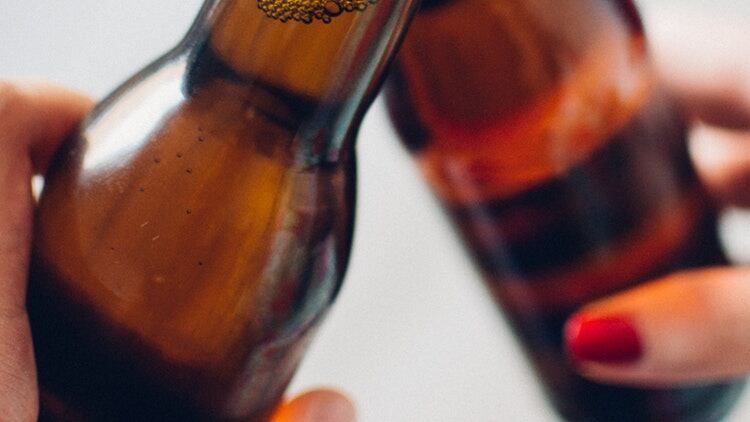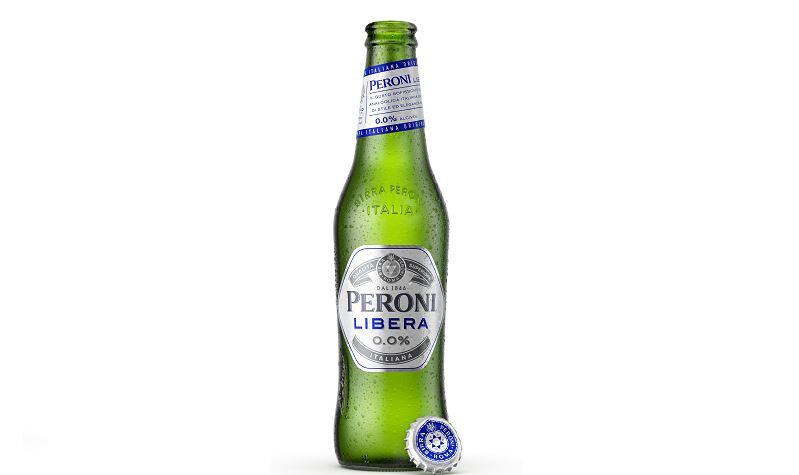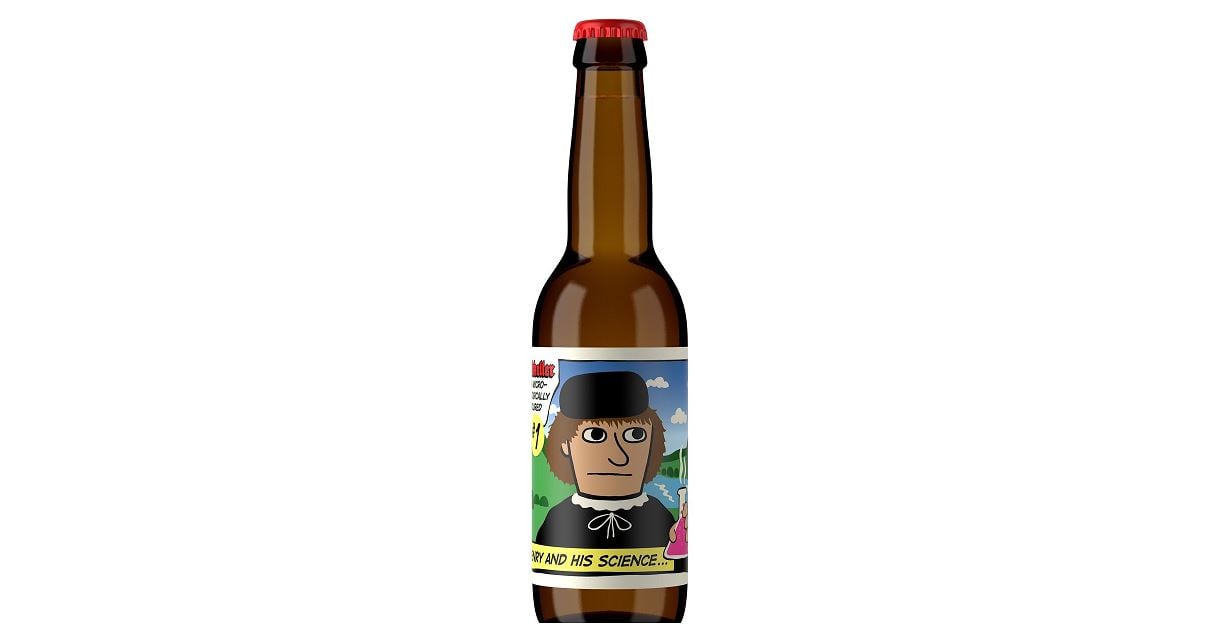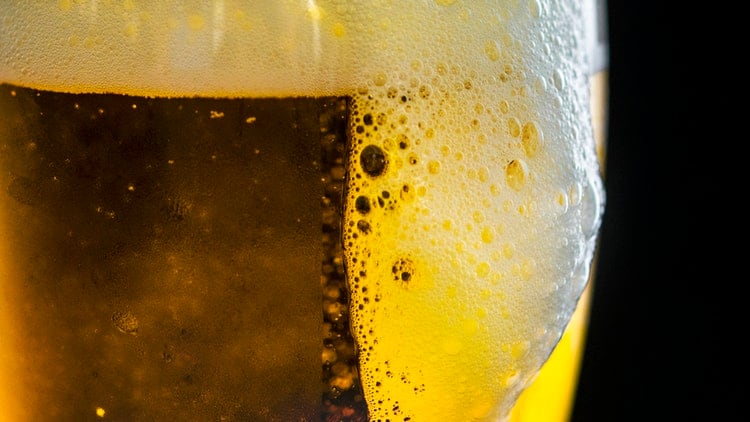The survey, from the Portman Group, highlighted a rise in the popularity of low and no-alcohol alternatives, with younger people leading this trend.
Figures showed almost one quarter (24%) of British drinkers have either already switched some of their drinking to low-alcohol alternative or would consider doing so in the next six months.
The YouGov polling into attitudes to low alcohol, the first of the Portman Group’s annual surveys into alcohol alternatives, showed 7% of those surveyed have already switched some of their alcohol consumption to low or no-alcohol alternatives, while a further 18% are likely to consider doing so in the next six months.
The switch is being led by the so-called ‘Generation Sensible’ with almost one in 10 (9%) aged between 18 and 24 having already switched and those between 18 and 34 being the most likely to consider switching (22%).
The reasons given for opting for low-alcohol products reflect increasingly responsible attitudes to drinking across all age groups in Great Britain.
Nearly one third of those surveyed (32%) said being able to drive home from social events was the main reason in choosing low-alcohol beverages, while more than a quarter (26%) said being sociable without drinking excessively was a key factor. Some 13% said they would drink beverages with less alcohol to stay within the low-risk drinking guidelines.
Low-alcohol alternatives
Portman Group chief executive John Timothy said: “It is fantastic to see so many people embracing low-alcohol alternatives as a way to continue to enjoy a drink while doing so responsibly.
“For many people there are significant benefits to having a drink with friends but at the same time, it is important people don’t drink too much.
“These findings are a reflection of the positive trends we are seeing when it comes to declining binge-drinking levels and the cultural shift that is happening in the relationship between young people and alcohol.
“Many producers are already investing heavily in exciting low-and-no products. Given the importance of this sector to helping people make healthy choices about their drinking, more needs to be done to support its growth.
“Getting rid of confusing descriptors would support consumers and help lead to the development of more products.”
The popularity of low and no-alcohol products was “very encouraging”, according to British Beer & Pub Association chief executive Brigid Simmonds.
She said: “With the significant investment and innovation in low and no-alcohol beers by UK brewers, beer has been a key part of this growth.
“The skill and craft needed to brew low and no-alcohol beers is no different to normal strength beers, meaning they taste great and quality is not compromised.”
Bigger range
Simmonds added: “With a bigger range of low and no-alcohol beers than ever before, there has never been a better time to give them a go.
“Although we are experiencing a boom in the low and no-alcohol part of the category, there is a real need for the Government to engage and help our industry to promote these products and bring the guidance on alcohol descriptors in line with that of our European neighbours.
“There is growing interest in moderate alcohol consumption as the survey by the Portman Group shows and we need everyone to work together to make it easier for consumers to understand what is on offer and create real choice.”
Campaign for Real Ale (CAMRA) chief executive Tom Stainer lauded the variety of low and no-alcohol beers available to drinkers.
He said: “Consumers taking part in Dry January or hoping to cut down on their units can rejoice, as Britain’s brewers rise to the challenge of providing fantastic low and no-alcohol options.
“Whereas five to 10 years ago most consumers had very little choice in the low-alcohol section, today we are seeing some incredible initiatives and innovation in the sector.
“From robust porters to hoppy IPAs, you don’t have to compromise on taste when you’re watching your units, making beer and pubgoing still a viable option for today’s non-drinker.
“Even beer festivals are getting on board, as CAMRA’s Great British Beer Festival in London offered its first no-alcohol beer stand last year.”




